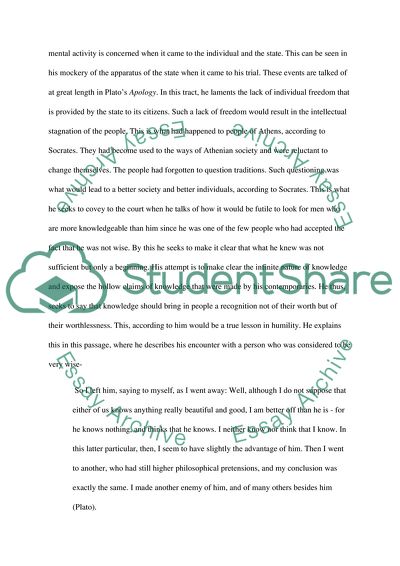Cite this document
(Comparison of Plato and Confucius and their Contemporary Relevance Essay, n.d.)
Comparison of Plato and Confucius and their Contemporary Relevance Essay. https://studentshare.org/philosophy/1776559-comparative-analysis
Comparison of Plato and Confucius and their Contemporary Relevance Essay. https://studentshare.org/philosophy/1776559-comparative-analysis
(Comparison of Plato and Confucius and Their Contemporary Relevance Essay)
Comparison of Plato and Confucius and Their Contemporary Relevance Essay. https://studentshare.org/philosophy/1776559-comparative-analysis.
Comparison of Plato and Confucius and Their Contemporary Relevance Essay. https://studentshare.org/philosophy/1776559-comparative-analysis.
“Comparison of Plato and Confucius and Their Contemporary Relevance Essay”. https://studentshare.org/philosophy/1776559-comparative-analysis.


